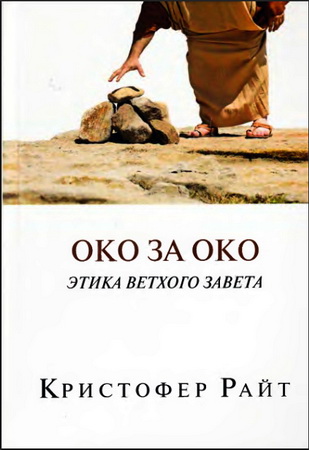
Unger Merrill - The New Unger's Bible Dictionary - модуль BibleQuote
Merrill F. Unger - The New Unger's Bible Dictionary
Chicago: Moody Bible Institute, 1988. – 1408 p.
Revision of: Unger’s Bible dictionary. 3rd ed. © 1966.
ISBN-10: 0-8024-9066-2
ISBN-13: 978-0-8024-9066-7
Throughout the history of Christendom there have arisen persons who, by their spiritual insight, intellectual learning, and disciplined dedication of their time and talents to the work of the gospel of Christ, have enriched their own and successive generations in many matters pertaining to the Word of God.
Merrill F. Unger was one of these giants of the Faith. He was a distinguished scholar who received a doctorate in Semitics from Johns Hopkins University; he manifested the sympathies and insights of a conscientious pastor during an influential period of his ministry; his gifts as an instructive, persuasive teacher earned him lasting admiration at Dallas Theological Seminary and beyond, while his reputation as an informed and perceptive Bible student was enhanced by the many books and articles that he wrote, reflecting his wide theological interests and stimulating the reader to further investigation. But above all Dr. Unger was a man of explicit Christian faith. He stated his views clearly and unequivocally, but with a charity that leavened any possible differences of opinion. In whatever he undertook he endeavored to present the centrality of Jesus Christ as Savior and Lord of human life, and at a time when many were questioning some of the basic tenets of Christianity, he remained true to the Faith once delivered to the saints.
His Bible Dictionary was one of his outstanding works, revealing as it did the breadth of mind of its compiler. To be invited to revise the work of such an outstanding author was at once daunting, yet gratifying. The passing of time had brought many new insights and discoveries to bear upon biblical knowledge, and it therefore seemed only proper to try to accommodate such information to this popular and well-used Bible Dictionary. Nevertheless one approached the prospect of revision with considerable diffidence. What was gratifying about the task was the knowledge that the new information, combined with an attractive physical format, would bring the fruits of Dr. Unger’s learning to another generation by extending significantly the life of the original book. Every attempt, however, has been made to preserve all that was distinctive about it, including Dr. Unger’s "early" chronology for Old Testament history, his system of cross-referencing and his eschatology.
This revision has been enhanced by the labors of others, including Dr. Howard F. Vos (The King’s College), who supplied much new material pertaining to archaeology and geography; Dr. Cyril J. Barber (Insight for Living, and the Simon Greenleaf School of Law), who prepared new bibliographies throughout; and Dr. Eugene H. Merrill (Dallas Theological Seminary), who provided the new entry terms and cross references pertaining to the New International Version.
It is hoped that this revised edition of a favorite text will continue to provide an important resource for biblical study, and that the deeply spiritual ideals which Dr. Unger cherished may abound to the glory of Christ, our Savior and Lord.
* * *
MARRIAGE, CHRISTIAN
Christianity confirms, simplifies, and vindicates from abuse the original and sacred ordinance of marriage. The stability and purity of the church and state have been proportionate to the popular and legal stability of the marriage relationship. The original appointment of monogamy is confirmed (Matt. 19:6; Mark 10:6-8). The presence of Jesus at the wedding in Can a happily illustrates the feeling and teaching of Christianity respecting marriage. Christ taught the divine origin and sacredness of this institution. It is more than filial duty; it is unifying. The husband and wife become one through the purity and intensity of mutual love; common interests are necessitated by common affection (Matt. 19:5-6; Eph. 5:31), only one ground for divorce being lawful (Matt. 19:9). The utmost that may be inferred from the expression "who made themselves eunuchs for the sake of the kingdom of heaven" (19:12) is that marriage is not binding upon every member of the race, and that devotion or discretion may make it expedient to renounce or defer it. The example of Peter (Matt. 8:14; Mark 1:30; Luke 4:38) and the express teaching of NT writers (1 Tim. 4:3; 5:14; Heb. 13:4) are in harmony with the conduct of Christ respecting the sanctity of the marriage relationship. The counsel of Paul to the Corinthian church (1 Cor. 7), evidently in reply to their request, is entirely consistent with the general doctrine of the NT. He guards marriage so carefully that even to those who are joined to unbelievers the advice is given not to disturb their relationship except by mutual consent and for mutual good. "According to the principles thus laid down, marriage is not merely a civil contract; the Scriptures make it the most sacred relation of life; and nothing can be imagined more contrary to their spirit than the notion that a personal agreement, ratified in a human court, satisfies the obligation of this ordinance."
Matrimony was elevated to the dignity of the sacrament in the Roman Catholic church mainly on the ground of the apostle’s words "This mystery is great; but I am speaking with reference to Christ and the church" (Eph. 5:32); in the Vulg. the Gk. being rendered sacramentum. However "it is not this that is conveyed by the passage, as indeed, in general, marriage ‘has from Christ neither a sacramental institution, nor form, nor substance, nor end,’ but it is rather the sacredly ideal and deeply moral character, which is forever assured to marriage by this typical significance in the Christian view" (Meyer, Com., ad loc; Pope, Christian Theology, 3:237-43, 308).
PROFANE
(Heb. from ḥālal, to "open, give access to"; Gk. bebēloō, "to desecrate"). To profane is to make common, to defile, since holy things were not open to the people, e.g., a sanctuary (Lev. 19:8; 21:9), the Sabbath (Ex. 31:14), the name of God (Lev. 19:12), a father’s bed by incest (Gen. 49:4). In the NIV, these passages translate as either "defile" or "desecrate." Esau, by despising his birthright, was called a "profane person" (KJV, Heb. 12:16; "godless," NASB and NIV). In Jer. 23:11 (KJV) it is said "both prophet and priest are profane," i.e., polluted (so NASB; Heb. ḥānēp, "defiled," "polluted"; NIV, "godless"), implying the strongest opposite of holiness.
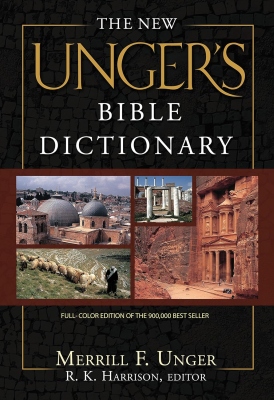
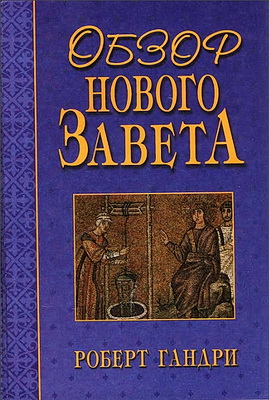
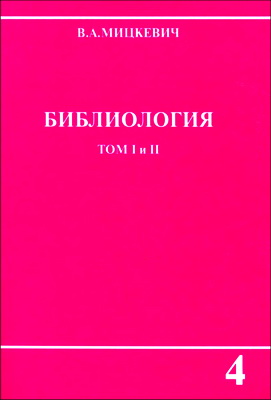

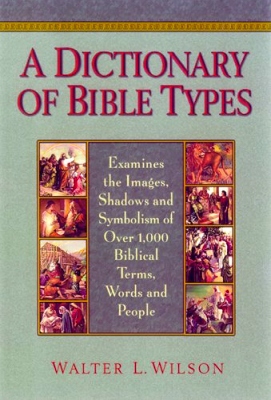
Комментарии
Пока нет комментариев. Будьте первым!